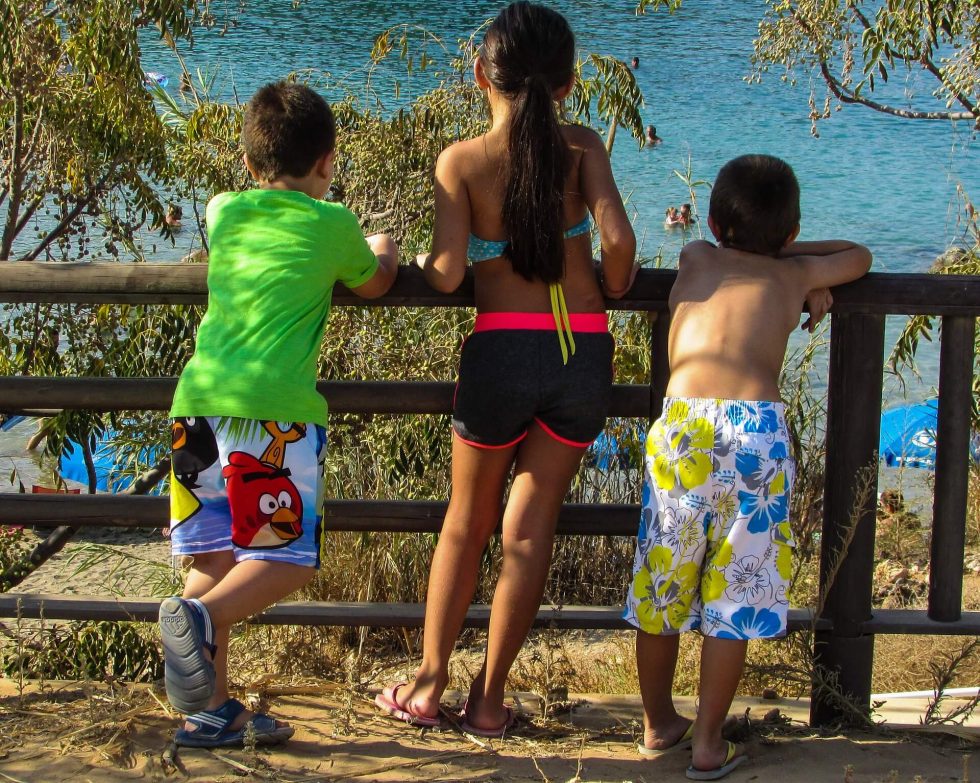
Surviving the School Holidays – Tips for Parents
Routine is important for the emotional, behavioural and social development of our kids with ADHD. It is also important for our own sense of wellbeing as it gives us a degree of certainty and helps to decrease our stress levels. However, with all the excitement of the holidays and the copious free time that comes with them, it is not uncommon for our routines to go by the wayside along with a significant amount of the coping strategies we depend on to navigate daily life in a calm, more organised and successful manner. Getting our kids back into their routine when school starts again can also be a challenge, especially after a six week break.
So how can we make the holidays easier for ourselves and more enjoyable for everyone?
Here are some ideas to consider:
- Where possible try to maintain your usual family routines. For example:
- if you or your child take medication to support your ADHD ensure you continue to do so at the same time of day as you usually would (and if you are considering giving your child a medication break ensure you are aware of the benefits and disadvantages of your decision before you proceed – click here for more information)
- have your child continue to eat breakfast/brush teeth/get dressed/tidy room as per their usual everyday habits.
- Plan your day and schedule events in advance but allow for flexibility and include down time. Maybe use a calendar so your child can visually see the day ahead.
- Consider planning at least one activity per day to reduce the risk of boredom. (At the same time you could develop an entertainment resource list to keep for future reference).
- Talk to your child about the days plans and/or your expectations in advance. Take into consideration the existence of different rules in different households. Be specific (don’t presume they know or understand) and role model your expectations. Give them plenty of notice, as well as copious praise when they are successful.
- When at home together play lots of games, make time to be silly together, tell jokes, sing songs, dance around the living room, etc.
- Inject excitement into tasks or events your child might find uninteresting in order to help them engage.
- Avoiding setting your child up for failure e.g. don’t expect them to sit for a long time at the table, take toys or activities with you whenever you go to visit others to keep them entertained, ensure they are given the opportunity to expel any extra energy, make sure they get enough sleep as lack of sleep exacerbates ADHD symptoms.
- Anticipate any possible challenges and problem solve solutions in advance. For example, if your child:
- is likely to starts bouncing off the walls when visitors come, try asking one of your guests in advance to spend one-on-one time with them as soon as they arrive. By receiving undivided attention on their own you may find they settle quickly. Some children may also need assisted down time when there are lots of people around to help them manage the extra stimulation
- finds a particular situation challenging coach them around how to best respond e.g. ‘Aunt Penny loves to give you big kisses, but you did not like that last time she was here. Maybe this time you could ask her for a big hug instead.’ Or, ‘Grandma really likes your “please and thank you” words. Maybe I could give you a wink to remind you’
- is prone to getting over excited, talk to your family about the actions you are going to take should this occur e.g. ‘Alex has some trouble calming down at times so if we leave the table, please continue on and we will return when able. The doctor suggested I talk to him in private if he is struggling’
- if your child gets anxious easily, practice teaching them deep breath techniques to help with self-regulation. You can then prompt your child to use them when needed. It can also help to do the exercises with your child
- if shopping with your child is stressful consider going during off-peak hours when the shops are less crowded. Consider feeding your child first and taking an activity with you to entertainment them if need be.
- Consider having an escape plan if things go really awry.
- Know your own limits and take care of yourself by:
- scheduling in some time out for you
- phoning a friend for support if you need to.
If you are travelling during the holidays here are some additional ideas that can make the experience more enjoyable:
- If you’re driving to your destination schedule in lots of breaks or if your flying consider giving your child an aisle seat so they can stretch their legs
- Pack plenty of activities to entertain them as well as their pillow or a comfort toy from home to help them get to sleep at night.
Remember it’s the good times that help to make holidays and special occasions so memorable. Here are a few suggestions to make those great memories last:
- Enjoy each other and treasure every moment
- Amplify the good times by talking about them in detail
- Ask your child what they are grateful for or what went well today?
- Take lots of photos
- Create rituals
- Keep a holiday journal or start a memorabilia box.
Lastly, as parents it is important that we accept that some disruption to our routine is inevitable and that our kids are likely to find themselves in situations that can challenge their emotional, behavioural and social regulation during the holidays. During these times it helps greatly if we respond to them with patience, empathy and understanding and collaborate with them to work out what strategies and support they need in order to be their best selves.
I hope you enjoy your holidays x




Add A Comment